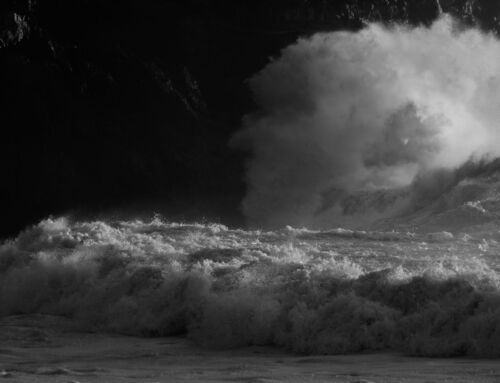Like a wild animal, the soul is tough, resilient, resourceful,
savvy, and self-sufficient: It knows how to survive in hard places.
-Parker Palmer, “A Hidden Wholeness”
Life on earth has changed profoundly over the last 18 months, in ways we both can and cannot describe. Lately, I sit on the stool in my office, listening to patients in their urgency and vulnerability, noticing just how much I am often right there with them. There is a great feeling of unknowing in and amongst all of us. Many are either standing on a precipice of change, or they know they are steadily walking toward it. Some have already launched themselves off the cliff into a whole new way of being in their lives. Regardless of our personal paths, we are collectively moving through a great period of change. In the stillness of my office, people report their deep struggles to carry on and many have revealed that they “no longer want to be here.”
As a clinician, I was taught to respond immediately to statements such as this: “do you have any plans for self harm? Are you having suicidal ideation?” and so on. But this year, these statements of weariness have become too common and mostly carry a different energy than what I was taught to watch for. There is indeed an emerging sense of depression, but I trust for most of us, it is not one to be pathologized; people simply need to be held in the preciousness of their vulnerability. This is a spiritual journey for all of us. I am interpreting these sentiments of not wanting to be here as a barometer of the state of humanity. Even the least sensitive person now feels, at least in fleeting whiffs, that we are in a precarious time. But for the average person and certainly for the very sensitive among us, we are in crisis. And it is an incredibly honest reflection to say “I don’t know that I want to go on living.”
We spend much of our lives in our analytical mind or our emotional body. But how many of us are in touch with our soul’s journey? I have always been inquisitive of this level of my being, but that is not to say that I have always determined the placement of my feet along this path of life according to the soul’s call. That said, the biggest decisions of my life have felt soul-led; you know the ones where you just know what you have to do? It is in feeling that sense of the deeply guided knowing that I wonder if all of these gentle people who sit in that chair in my office saying they don’t want to do “this” anymore is the soul crying out, saying “No more! It’s time for an entirely new way…”
I know this has been true for me: my soul is calling for a new mode, a palpable and yet incredibly vague future that feels remarkably different from the way things have been. There is a crying out for the death of the old way. For me, the prescription made by Parker Palmer, a Quaker educator, writer and activist, feels like the only way forward: we need solitude, the right kind of community, and the courage to experiment. This is not a time to continue carrying on alone. How will you find some hands to hold as we move forward? Who will walk with you into your future? What are you dreaming in the depths of your weariness and disorientation?
When the pain of life itself begins to tug at my soul and when my edges begin to feel frayed, the Quaker wisdom that informed my childhood is one of the first places I go; I long for the silence of the Meeting House and the attendance of its wisdom. “Let your life speak” is a phrase that guides Quakers along their path. There is nothing outside of ourselves to which Quakerism teaches us to aspire, rather it encourages us to find our center and be what we wish to see and experience in the world. As the world is filled with fear and moving ever faster these days, I suppose what I long for most in my current stage of life is to be more stillness, be more in connection with God, and to spend more time in the insights of what it is to be human.
Right now, it can feel downright scary to be human. Parker Palmer cites the Biblical advice, “Be not afraid”, and he notes this does not mean to say “do not be afraid,” because sometimes our fear is precisely what we need to feel to motivate change. Rather it is meant to say be not the fear, do not allow it to overcome you, or to become you. So, what wisdom would you like to call to your attendance, to ground you in the midst of all the fear? Have you slowed down enough to notice the air moving through the leaves? What is whispering to you on the wind? How is your life speaking?





Beautiful and inspiring!
Thank you for your words and insights. You are quite an eloquent writer.
Thank you, Kate!